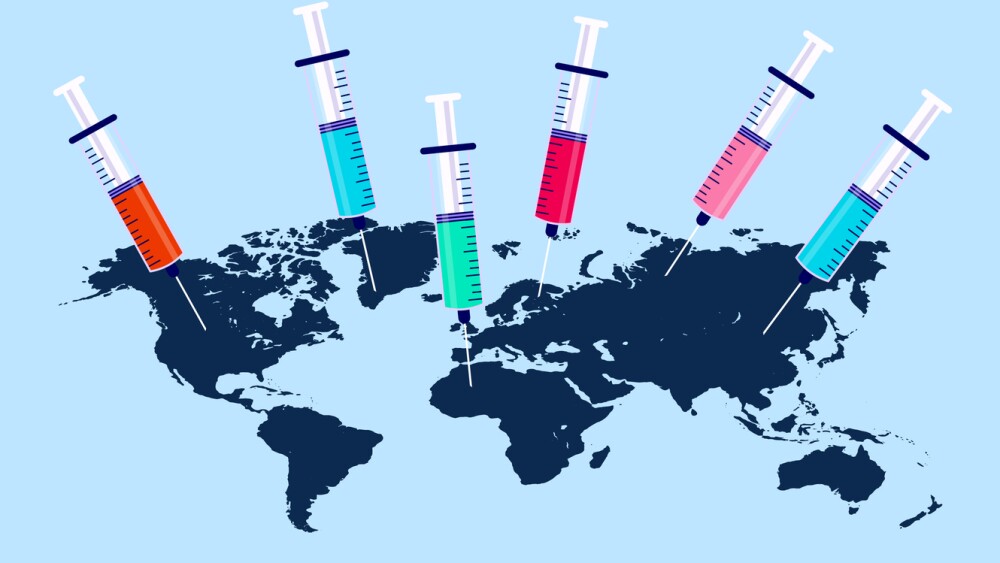|
HOUSTON, Oct. 18, 2018 /PRNewswire/ -- A randomized, double-blind, placebo-controlled Phase III Clinical Trial studying the impact of the Ubiquinol form of Coenzyme Q10 (CoQ10) on Gulf War Illness (GWI) is being initiated at 4 Veteran's Affairs clinical study sites across the country: Miami, Boston, Bronx, and Minneapolis. Study investigators are actively recruiting veterans throughout the country who were deployed to the Persian Gulf during the 1990-1991 Gulf War. The results of a prior Phase II study revealed that CoQ10 conferred benefit in physical function and symptom relief for veterans with GWI and warranted further examination of CoQ10 in a larger sample size. CoQ10 has been shown in many research studies to play a role in energy production, heart health, muscle function, and neuroimmune communication. The Phase III trial will assess the effects of Ubiquinol, the active antioxidant form of CoQ10 from Kaneka North America, on veterans diagnosed with multi-symptom, chronic Gulf War Illness.

Nearly a quarter of a century after the conclusion of the Gulf War, as many as a third of the 700,000 deployed US troops continue to experience debilitating health problems. Veterans diagnosed with GWI suffer from chronic symptoms that can include fatigue, headaches, joint pain, gastrointestinal and sleep disturbances, dizziness, respiratory disorders, and neurologic and neuropsychological symptoms.
About CoQ10 and Ubiquinol CoQ10
There are two forms of CoQ10 – Conventional CoQ10 and Ubiquinol CoQ10, both of which are currently marketed in the US as dietary supplements. These two forms differ in terms of their bioactivity within the body. The Ubiquinol form of CoQ10 is the active, readily available form that is used in cellular energy production throughout the body and acts as an antioxidant, which protects the body from oxidative stress and damage to cells. The conventional form of CoQ10 must first be converted to the ubiquinol form of CoQ10 in the body to contribute to the production of cellular energy or to act as an antioxidant. However, age, stress, health conditions and other factors can affect the body's ability to convert conventional CoQ10 to the active form, Ubiquinol. Cellular energy is essential to assure that energy demanding organs like the heart, brain, liver and kidneys function at the optimal levels. Due to the importance of Ubiquinol's role in cellular energy production, researchers from around the world have been studying the role Ubiquinol CoQ10 may play in mitochondrial dysfunction, visual health and overall heart health. Now, this study is focusing on Ubiquinol's role in energy production and physical function.
Study Volunteers Needed
If you are a veteran deployed to the Persian Gulf between 1990 and 1991, are experiencing problems with fatigue, memory, mood or attention and are interested in participating in a clinical research trial to evaluate whether Ubiquinol CoQ10 is effective in reducing or easing the symptoms of GWI, please contact the Principal Investigator Nancy Klimas, MD, the National Study Manager, Devra Cohen, MPH, or the site Investigators listed below:
|
Miami VA Healthcare System, Miami, FL
|
|
Contact: Nancy Klimas, MD (305) 575-3267 Nancy.Klimas@va.gov
|
|
Contact: Devra Cohen, MPH (305) 575-7000 ext.3548 Devra.Cohen@va.gov
|
|
VA Boston Healthcare System Jamaica Plain Campus, Jamaica Plain, MA
|
|
Contact: Maxine Krengel, PhD (857) 364-6933 maxine.krengel@va.gov
|
|
Minneapolis VA Health Care System, Minneapolis, MN
|
|
Contact: Brian Engdahl, PhD (612) 467-3033 brian.engdahl@va.gov
|
|
James J. Peters VA Medical Center, Bronx, NY
|
|
Contact: Julia Golier, MD (718) 584-9000 ext. 6587 julia.golier@va.gov
|
Contact:
Ron Martin
1-281-291-3185
ronald.martin@kaneka.com
 View original content to download multimedia:http://www.prnewswire.com/news-releases/kaneka-north-america-announces-veterans-affairs-medical-centers-initiating-a-phase-iii-trial-on-the-use-of-ubiquinol-coq10-in-gulf-war-illness-gwi-300733357.html View original content to download multimedia:http://www.prnewswire.com/news-releases/kaneka-north-america-announces-veterans-affairs-medical-centers-initiating-a-phase-iii-trial-on-the-use-of-ubiquinol-coq10-in-gulf-war-illness-gwi-300733357.html
SOURCE Kaneka North America
|





